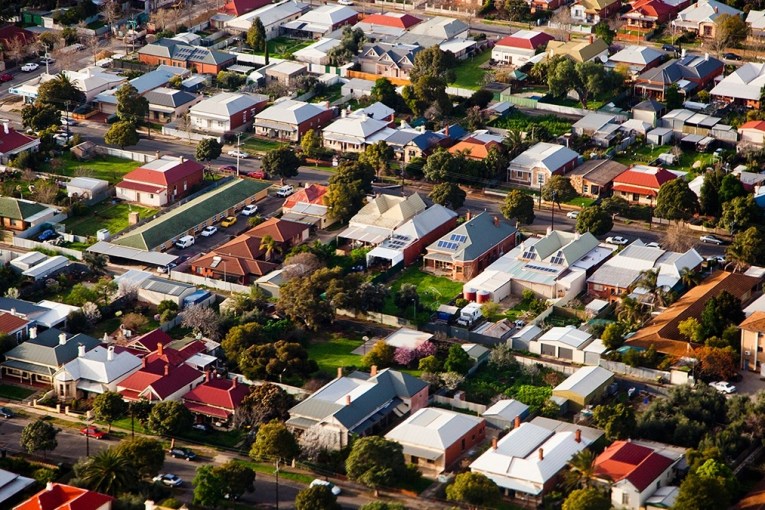What to do if you don’t sell your house


Shutterstock
It is easy to get carried away by hot auction success stories. When those shabby, run-down cottages in blue-chip suburbs are fetching more than $1 million and modest homes in modest suburbs are sailing well above the reserve, sellers have good reason to be optimistic.
But the reality is often much more complex.
With auction clearance rates in Melbourne hovering around the 70 per cent mark, and close to 80 per cent in Sydney, it means up to one-third of sellers are left disappointed come auction day.
Furthermore, there are plenty of homes outside Melbourne and Sydney’s auction hotspots that are listed for private treaty sale, but are failing to get any nibbles.
• How to buy your first home – expert tips
• Four property investment myths exposed
• Should you park your money in … car parking?
So what should you do if you are having trouble selling your home?
 Reassess your property
Reassess your property
According to Director of Property Mavens and author of Property Prosperity, Miriam Sandkuhler, there are a variety of reasons why a property may fail to sell.
“You have to look at supply and demand in your area, and if you are in a low-demand, high-supply area then you may need to adjust your price expectations,” Ms Sandkuhler says.
“It is all about that scarcity factor; if you are selling in an area with lots of other units or townhouses and there is nothing particularly special about your property then you are going to have to either renovate, if that is appropriate, or price it competitively.”
Ms Sandkuhler also advises sellers to find out the average time properties spend on the market in their area to check how their property is performing.
Buyers’ agent and author of The Insider’s Guide to Buying Real Estate series, Patrick Bright, says properties fail to sell due to inflated price expectations, a bad agent, poor presentation, or any combination of the three.
If a home has passed in at auction with no bids, it may be time for sellers to look at price, Mr Bright argues.
“You may have to drop your price to where the market is,” he says.
“You can sell anything at the right price.”
Reassess your agent
Sometimes a seller has realistic price expectations and the agent is the stumbling block.
Mr Bright says vendors need to be extra careful when selecting their agents, as some will quote a high price to secure the commission then fail to deliver.
If this is the case, he recommends taking the property off the market for a few weeks – if you can afford to – before relisting it with another agent.
 “That way the property will seem fresh to new buyers coming on the market,” he says.
“That way the property will seem fresh to new buyers coming on the market,” he says.
Ms Sandkuhler says sellers should always have a second agent in mind and not be afraid to negotiate over the exclusive listing period.
“This will prevent you from being stuck with an agent who isn’t performing and will allow you to list with someone else,” she says.
Both Mr Bright and Ms Sandkuhler recommend nervous sellers consider getting a valuation of the property before putting it on the market so they can be certain the agent’s quote range is realistic.
Avoid the trap
A property that has been sitting on the market for months on end can quickly become a money pit, and it is a situation sellers should go to great lengths to prevent.
“It is true that you will get your most amount of interest in a property in the first few weeks and a property that has been sitting around for a while will look stale,” says Ms Sandkuhler.
And, while it may be tempting to lay blame on the market, the fussy buyers or the agent, sometimes sellers need to be brutally honest and realise they are the reason a property isn’t selling.
“Some vendors can be greedy or quite self-sabotaging in that they aren’t flexible with open for inspections and so forth,” she says.
“On many occasions they have just been lucky that they are in a high-demand, low supply market and the property has sold.”
Johanna Leggatt is a Melbourne-based freelance journalist. You can follow her on twitter @johannaleggatt








